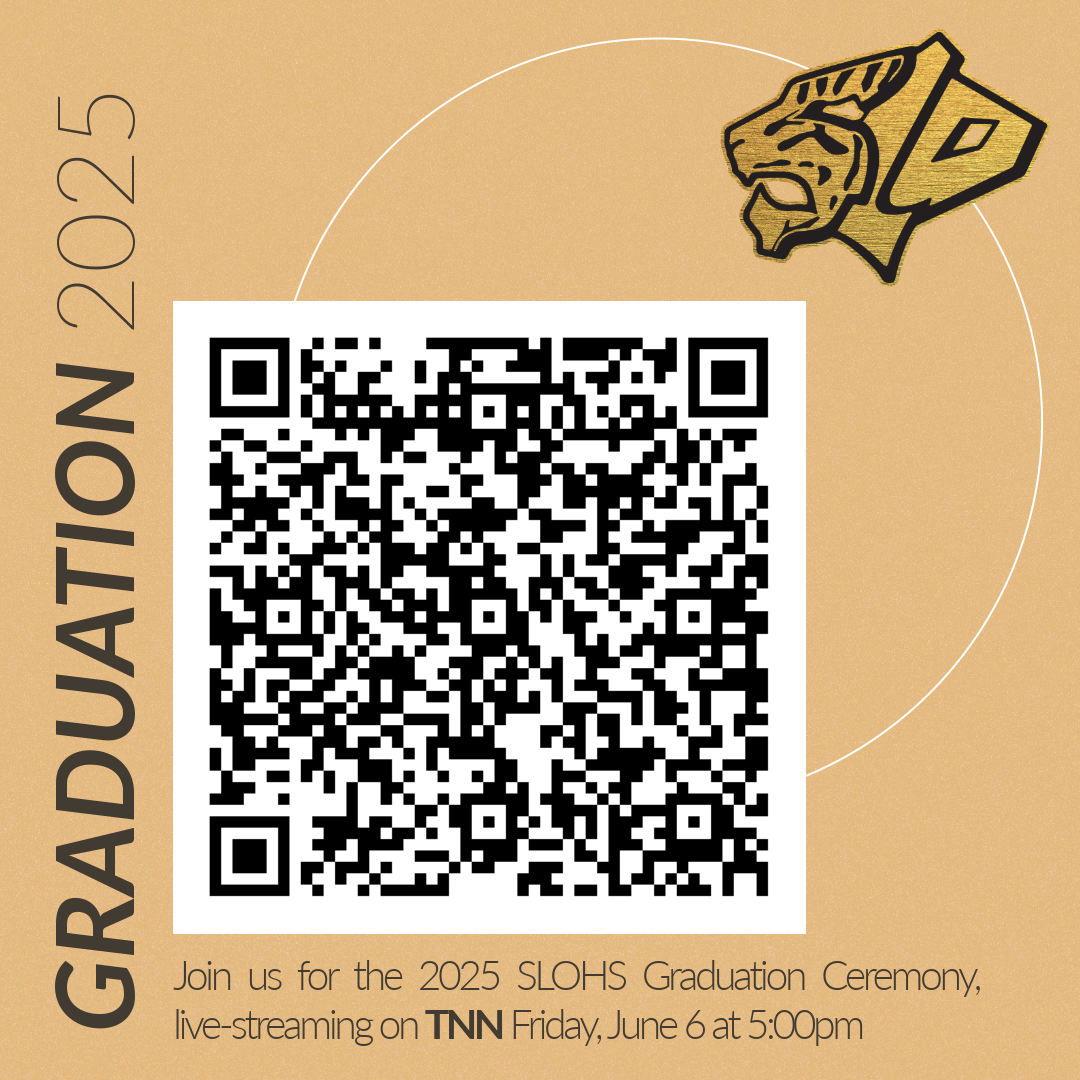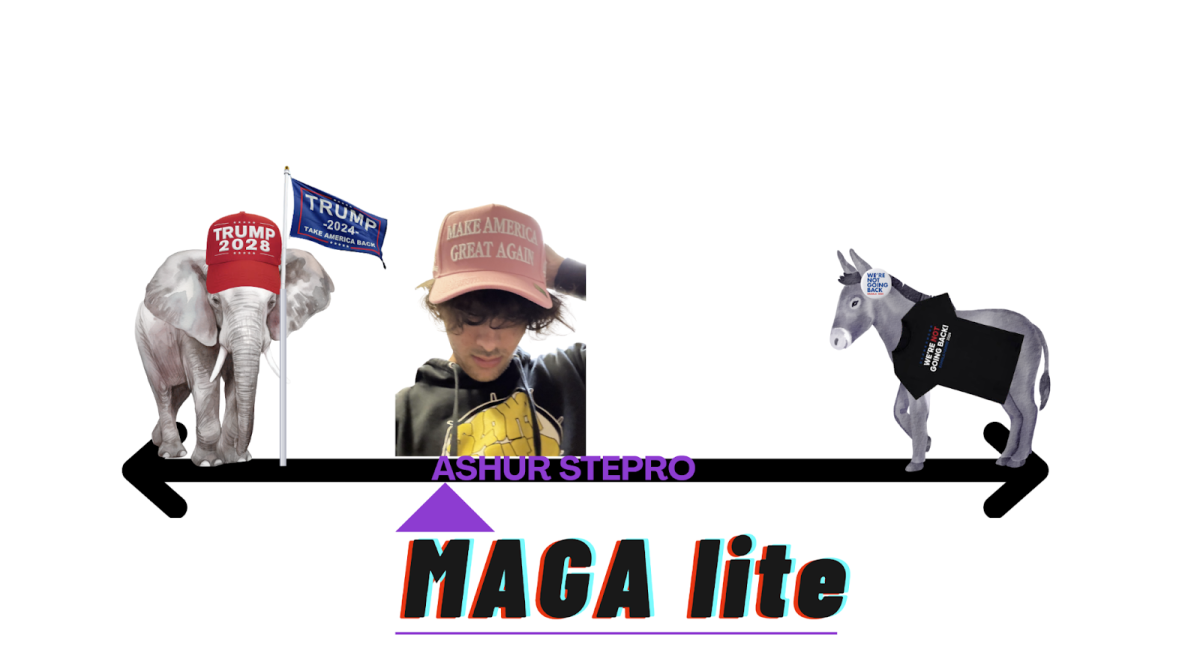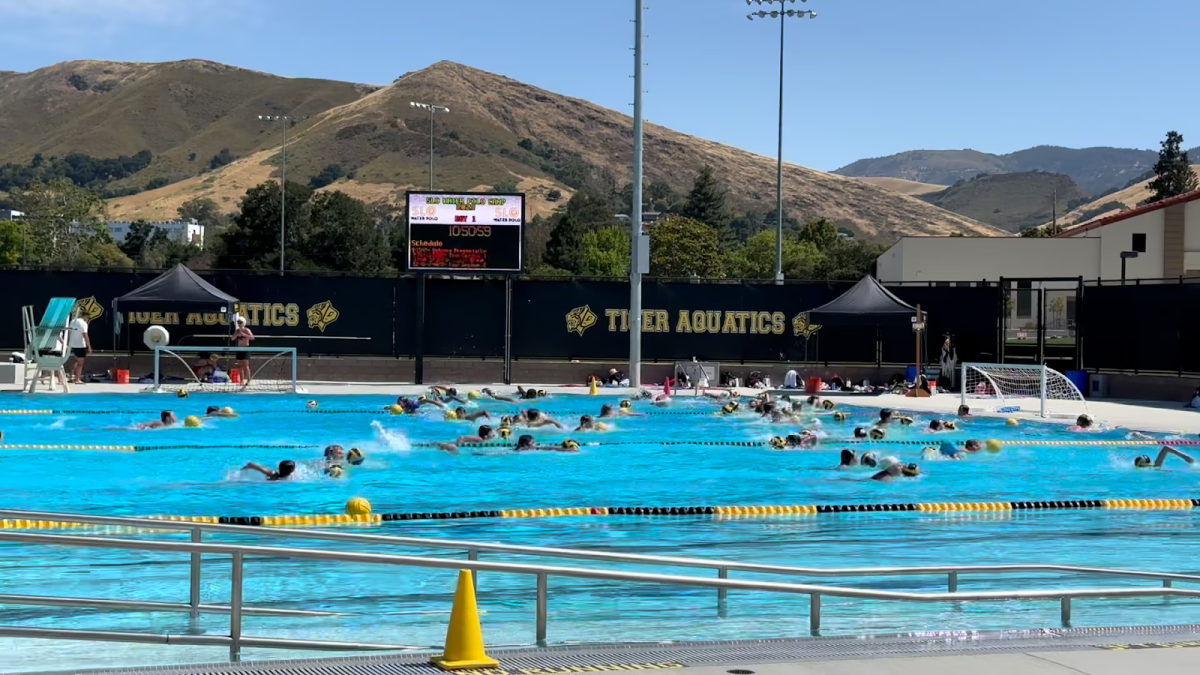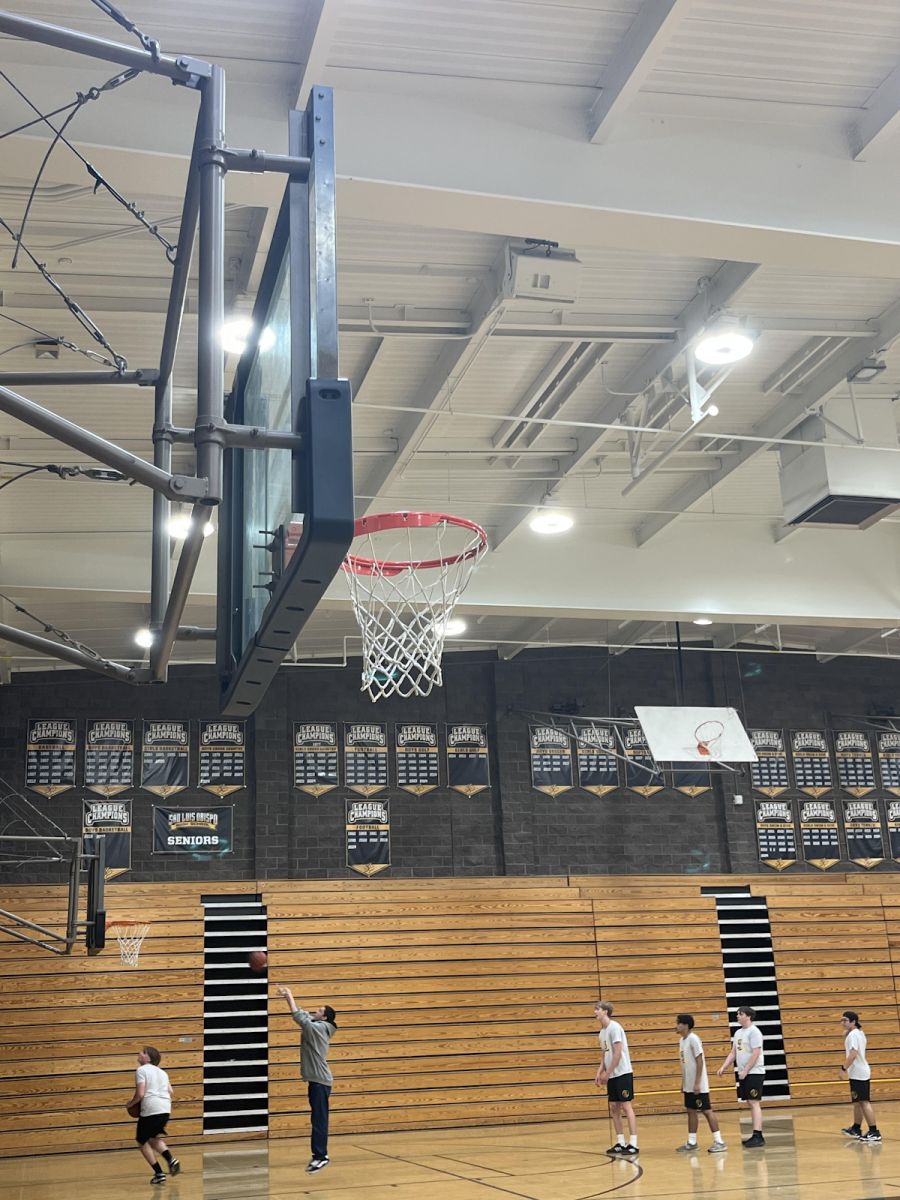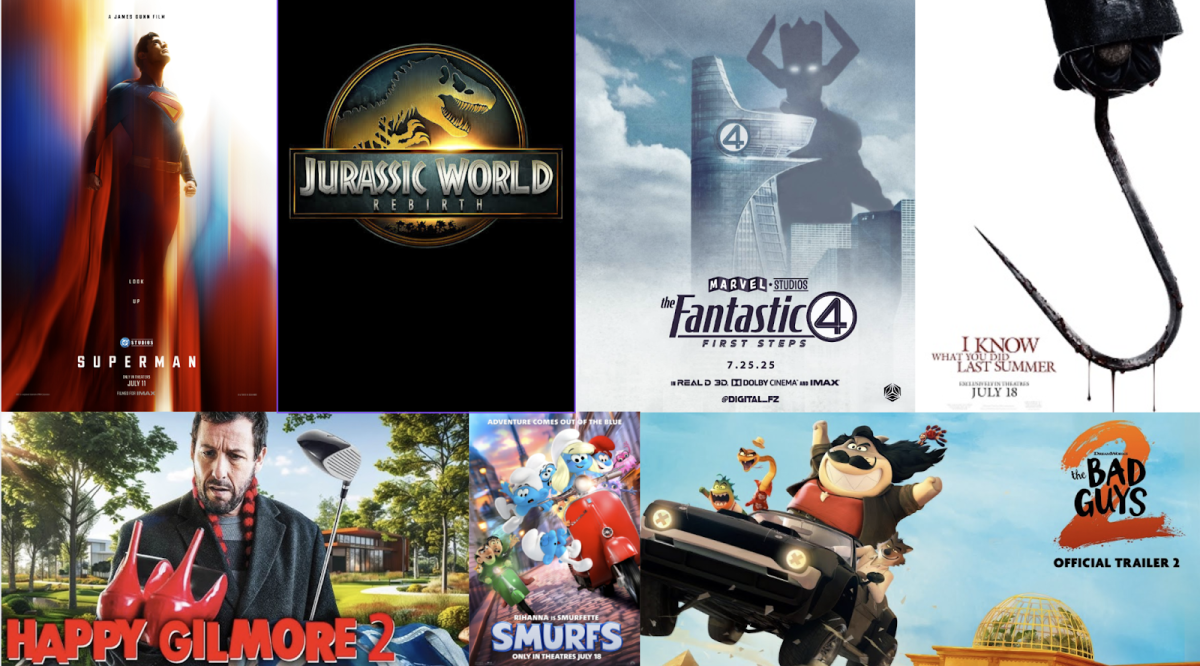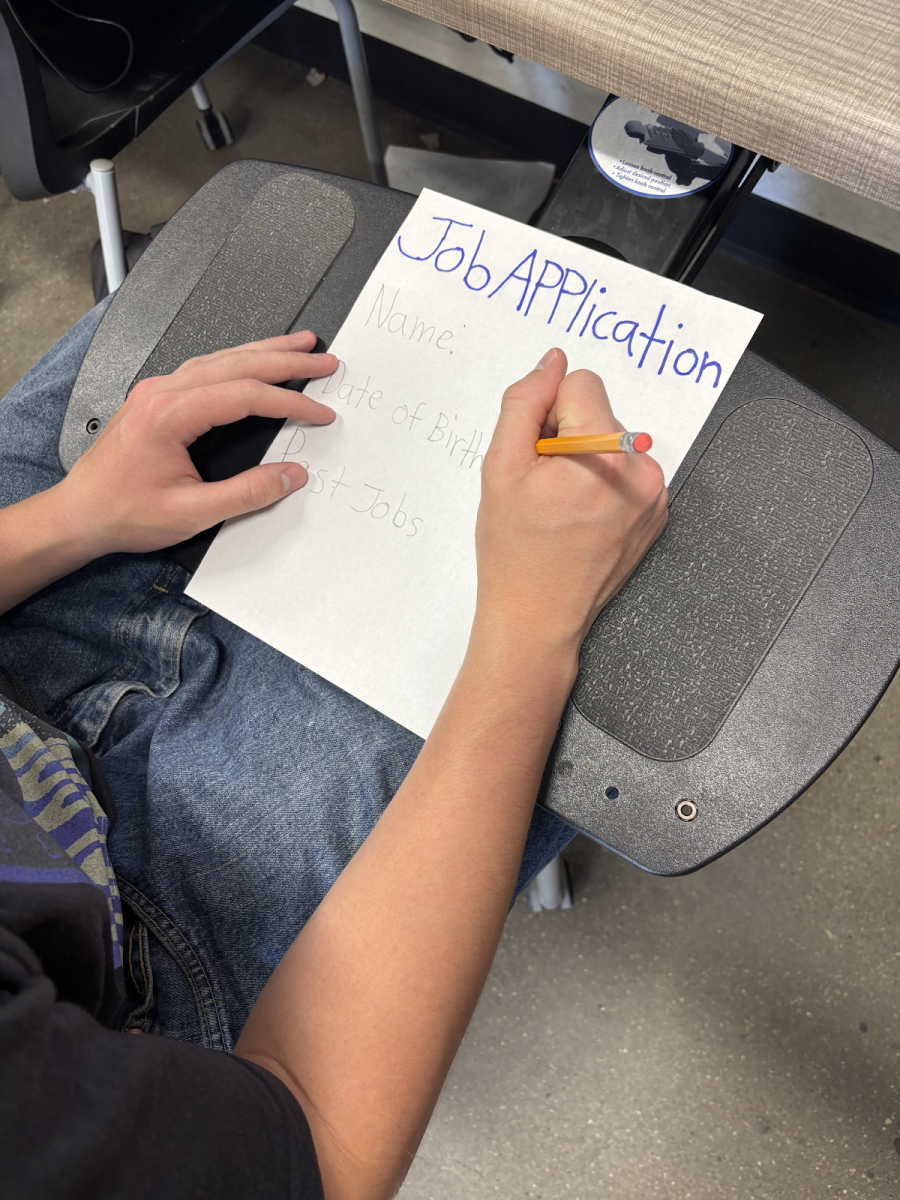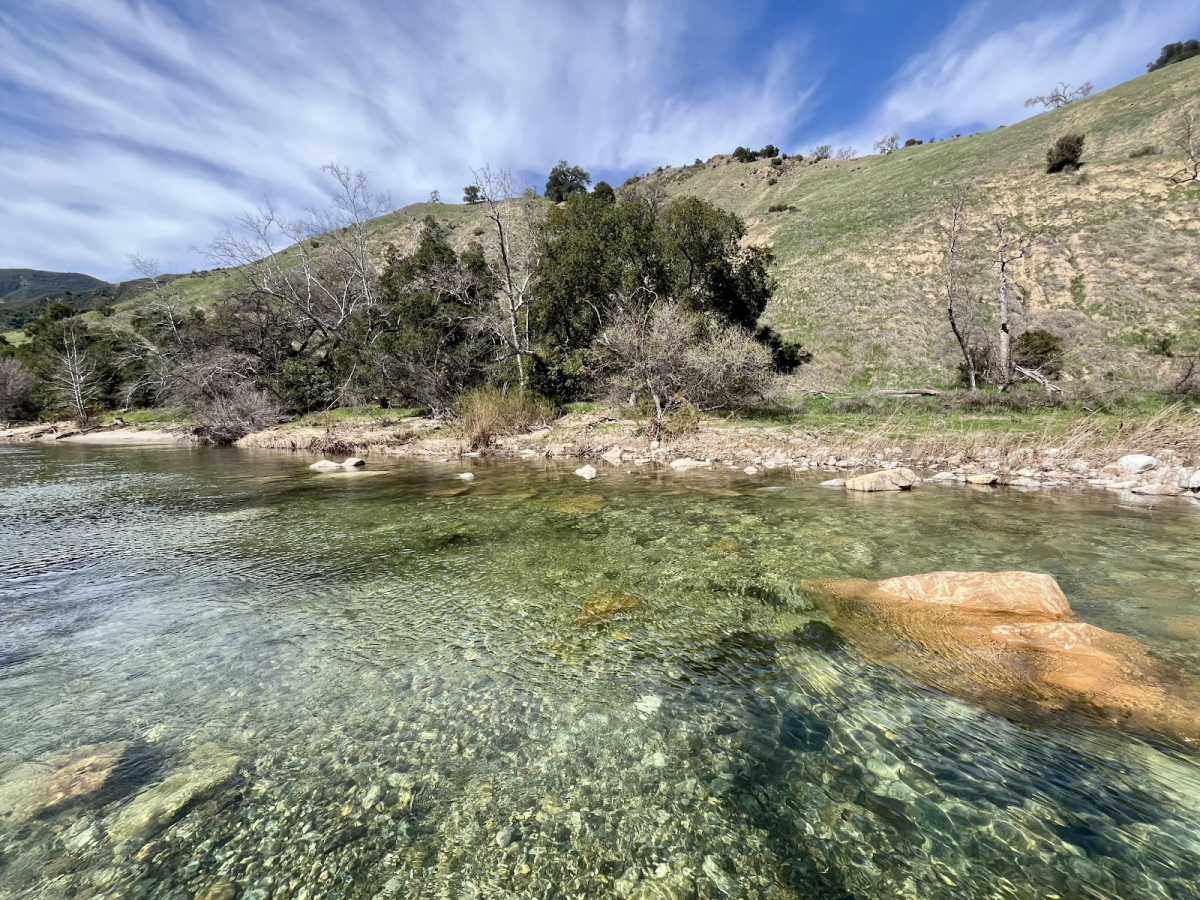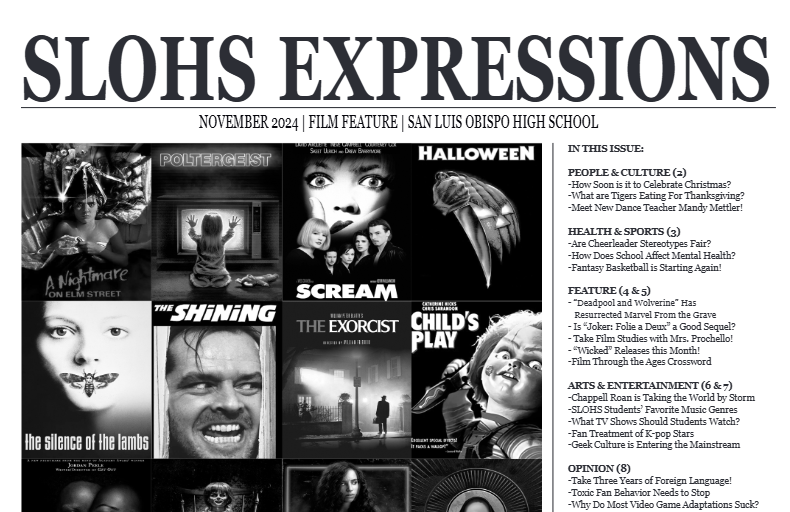Novel “1984” by author George Orwell is read in high schools across the nation. Many students at San Luis Obispo High School are assigned to analyze this science fiction novel. As a result, a dystopian world in which, “War is Peace, Freedom is Slavery, and Ignorance is Strength” doesn’t seem so impossible to students anymore.
With advancements in technology giving the National Security Agency the ability to always listen in, the high tech devices that can eavesdrop in people’s homes (Hey, Alexa what’s up?), constant surveillance, media bias, and the fear and hate being drummed up against foreigners shows just a small amount of the many parallels between “1984” and society today. What’s different about this period of emerging technologies is the rate of technological advancements it’s unlike anything we’ve seen before. Technology is not something humans can comprehend on a linear scale because it is exponentially growing.
We are currently unable to predict where technology is headed, and because of its rapid growth, it is providing our government the ability to abuse technology as a means for control and influence.
Expressions interviewed English teacher Michael Lara to understand what parallels he can draw between “1984” and our own society.
Expressions: How much has the personal reaction to “1984” by students changed over the years?
English Teacher Michael Lara: I don’t think it’s changed that much over the years because the ideas that George Orwell emphasizes in “1984” have always been a part of us. When I first started teaching this book about twenty years ago, students became alarmed at the possibility that this could happen in our society. I think that attitude has been consistent over the years I’ve been teaching this novel.
Expressions: What kind of parallels to “1984” can you perceive in our own society?
Lara: Of course technology as a means for control and manipulation, especially in the surveillance area, we’re constantly being watched by our phones, through computers, and surveillance cameras. That’s something that George Orwell suggested could happen to our society and we see that it has.
Expressions: How is our rapid technology advancement bringing change to our society?
Lara: Technology can be used in a positive way. We have lots of examples of that in education. But there is that potential for abuse and we’re starting to see some aspects of abusing technology in terms of manipulating our thinking and violating our privacy. There is constant surveillance of where we go, who we email, and who we talk to on the phone. Current government decisions of constant surveillance is something we’ve accepted as a society and a danger that was presented by Orwell in “1984”.
Expressions: Why do you believe it’s important to teach this novel in high schools across the nation?
Lara: To some degree, the behavior of the government is typical around the world. We must be able to identify that what Orwell was warning us about is already a part of our society. Certainly not to the degree of other dictatorial and totalitarian states, but still, the characteristics of the government in “1984” are actually a part of America today.
Expressions: Has this desire for control by big political figures always been as present or is it seeming to increase as time goes on?
Lara: As technology becomes more effective and widespread, I could see the use of it in possible negative ways is probably more pronounced now in politics than it ever was before.


